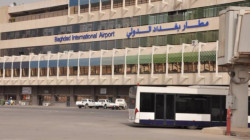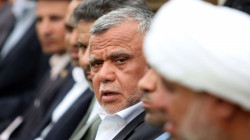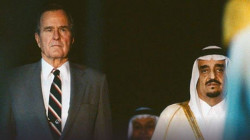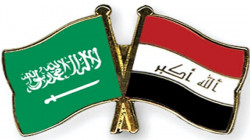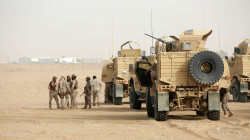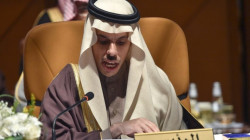Al-Ula Summit: Turning the page or Dog-earing it?
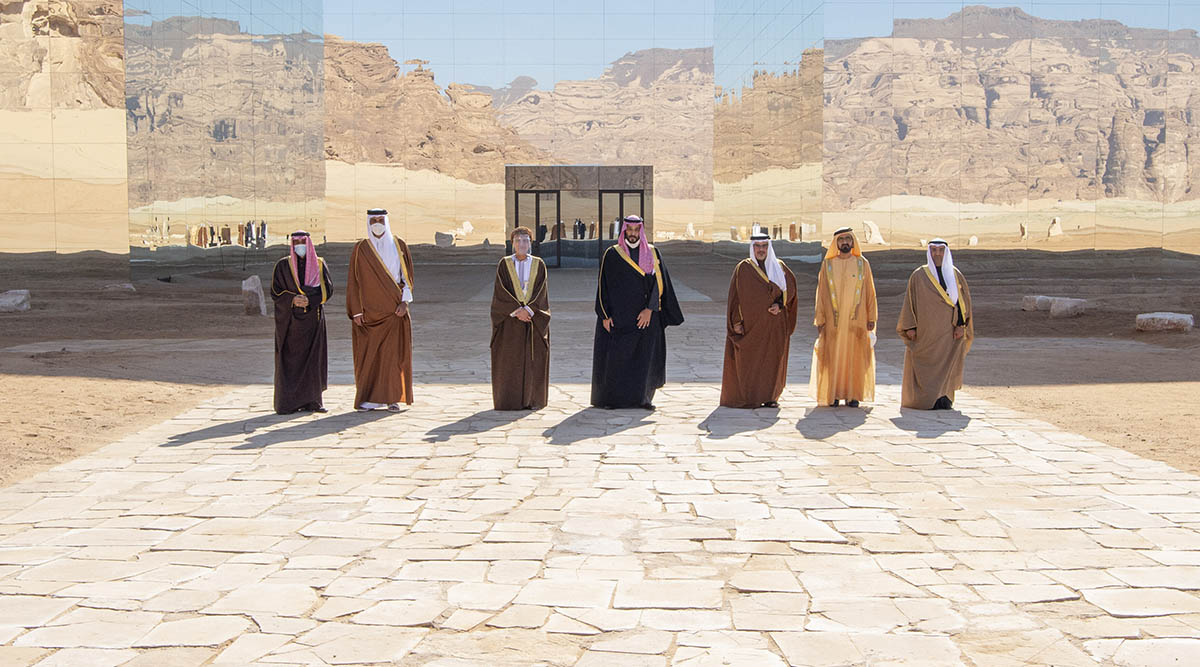
Shafaq News/ There is no doubt that the Gulf summit, held on January 5th, 2021, in Al-Ula in Saudi Arabia, has opened a new chapter in Gulf-Gulf relations. However, it seems premature to say that the sandstorm that has shaken those relations is lulled, and the page is turned.
The Gulf's setback of June 2017 is no placed on the track of reconciliation, as per the declaration of al-Ula, the Saudi statements that followed the Summit, and the statement of Kuwait's prince, Sheikh Nawaf Al-Ahmad Al-Sabah whose country had tried - since the days of the late prince Sheikh Sabah Al-Ahmad Al-Jaber Al-Sabah - to address the crisis that burst in the Gulf more than three years ago.
Many observers -including Simon Henderson's, a researcher at The Washington Institute - enlisted this achievement in Donald Trump's portfolio. On the contrary, it seems more plausible that the U.S. President-elect, Joe Biden, has prompted the concerned regional powers to ease the tension and mend fences - particularly between Qatar and Saudi Arabia.
Many analysts have denounced Trump during the years of the Saudi-U.A.E.-Bahrain-Egyptian blockade of Qatar. At the beginning of the crisis, Trump appeared to take the side of the Saudi-led quartet.
At the same time, the declaration of al-Ula Summit - under King Salman of Saudi Arabia's auspices, but under the supervision and management of his son, Crown Prince Mohammed bin Salman, and in the presence of Qatar's prince, Sheikh Tamim bin Hamad II – was not of the Gulf's character, goals, or fears.
In the coulisses of the Summit, the U.S., Iran, and Turkey were all present. Saudi Arabia has subtle concerns, after the failure of their bet on Donald Trump's return to a second term in the White House; given the apparent "harmony" between him and Mohammed bin Salman, whether in the dispute with Qatar's case, journalist Jamal Khashoggi's assassination, allowing the Saudi war on Yemen to continue, or augmenting Saudi tensions with the Iranians.
The leaks and positions expressed by Joe Biden before winning the presidential race suggested that the U.S. relationship with K.S.A. could reach a major turning point.. particularly in the possibility of resuming U.S. contacts with Tehran on the nuclear deal and easing the U.S. sanctions. Biden has also made explicit statements about limiting the United States' cover for the Saudi war in Yemen.
Therefore, stacking the Gulf ranks seems to be the obvious choice for the Gulf Cooperation Council to take, even if only to break the ice - in anticipation of the expected shifts in the U.S. policy and the potential of a breakthrough in the Iranian situation.
Turkey was also present in the summit scene's background. It is well known that Ankara and Doha's relation was among the major causes that prompted K.S.A. to impose an embargo on Qatar.
Remarkably, the al-Ula Summit did not address this point of disagreement, especially since the Qataris - who feared that they might be subjected to a Saudi invasion - strengthened their military cooperation with the Turks, who established a military base on the Qatari territory, right in the Gulf's heart.
Turkey has been trying to ease its strained relations with Riyadh, which, like Saudi Arabia, considers Biden's arrival as an occasion to be anticipated - to refine its regional role and rearrange its foreign affairs. For this reason, the "Qatari gate" may be an appropriate opportunity to augment "The Sunni Muslim world's wings" with Saudi Arabia. However, the questions regarding Turkish-Qatari support for the "Muslim Brotherhood project" in the region remain unanswered, and it does not appear that the al-Ula Summit is setting the seals in this direction.
The Summit also did not address the relationship that developed between Qatar and Iran. When the embargo was imposed, Doha could only trade and import food through ports, airports, Iranian territory, and Turkey. It was an issue that troubled Americans as they were concerned about the tens of millions of dollars in payments made to Iran's treasury through air transit, freight, re-shipment, and export commissions.
On the other hand, the Summit - at least in al-Ula's declaration's texts - was keen to emphasize the foundations of integration, political and economic cooperation, and security; without going into the details or mechanisms that define the reconciliation's path.
As for Egypt, the partner in the sanctions against Qatar, it was represented by the Minister of Foreign affairs, Sameh Shoukry. It was remarkable that U.A.E.'s Crown Prince, Mohammed bin Zayed, did not attend the Summit. Instead, U.A.E. was represented by the governor of Dubai, Shaikh Mohammed bin Rashid. Bin Zayed's presence was essential to demonstrate the keenness of all parties to conclude the crisis file with Qatar.
The King of Bahrain did not attend as well, and his kingdom was represented by Bahrain's Crown Prince, Salman bin Hamad Al-Khalifa. This absence also fuels further doubts about whether the rift is being bridged from both sides or not.
The Saudi Minister of Foreign Affairs, Prince Faisal bin Farhan, announced the return of full relations between Qatar and Saudi Arabia, the United Arab Emirates, Bahrain, and Egypt. He explicitly stated that these countries agreed to "put aside our differences completely. What happened today is a page fully turned on all the contention's points and a complete return of relations".
According to Kuwait – the main mediator between the two sides since the beginning of the crisis - Saudi Arabia has agreed to reopen its land, sea borders, and airspace to Qatar. It was not clear whether the U.A.E. and Bahrain would also take concrete steps to confirm their commitment to reconciliation. However, U.A.E.'s Minister of State for Foreign Affairs, Anwar Qarqash, tweeted his welcome and praised the Summit's importance and outcome.
The six countries' leaders – members of the Gulf Cooperation Council - signed an agreement, regarding which the Saudi crown prince said, "It confirmed our solidarity and stability in the Gulf, Arab, and Islamic countries. There is an urgent need to unite our efforts to advance our region and meet the challenges surrounding us, particularly the threats posed by Iran's nuclear program, ballistic missiles, and its destructive plans".
Nevertheless, Iranian Foreign Minister, Mohammad Javad Zarif, tweeted, "Congratulations to Qatar for its courageous resistance to pressure and blackmail", adding in an implicit response to Saudi and U.S. positions against his country, "Iran is not an enemy and does not represent a threat. Stop looking for a scapegoat, especially as your supporter (President Trump) is on his way out of office".
It will be necessary to see whether the famous "13 conditions" - set by K.S.A and Co on Qatar since 2017 - have lifted the pressure and mutual blackmail from the table, including Qatar's Al-Jazeera T.V. channel's policy and other media sites funded by it, Doha's connections with the Muslim Brotherhood movements, relations with Iran, and the interference in the G.C.C. countries' and Egypt's internal affairs - all of which rejected by Qatar since day one.
Maybe only then it can be ascertained whether al-Ula Summit has turned the page of the Saudi-Qatari rift or dog-eared it for another round.
